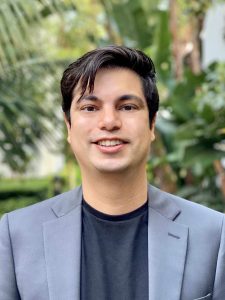
- This workshop has passed.
Challenges to mitigating climate change drivers and associated risks of surpassing lower emission targets
May 31, 2024 @ 11:30 am - 12:30 pm
| Speaker: Robert Fofrich, Ph.D. IDRE and UC President’s Postdoctoral Fellow Institute of the Environment and Sustainability University of California Los Angeles
|
 |
Abstract: Lower climate change mitigation pathways require large and swift reductions in anthropogenic CO2 emissions worldwide, a substantial portion arising from fossil energy sources utilized in electricity generation. Thus, stabilizing global mean temperatures at or below 2 degrees necessitates retiring fossil-burning infrastructure well before their operational lifespans have elapsed, resulting in stranded assets worldwide. However, sizable investments in fossil energy infrastructure have continued to rise globally, posing a threat to international climate change mitigation, food security, and financial objectives. Thus, we will discuss challenges associated with attaining lower climate warming targets and the potential repercussions for global agriculture and human well-being if these targets are exceeded.
About the speaker: Dr. Fofrich was born in East Los Angeles and is an alumnus of West Los Angeles College. Currently, he is a UC President’s Postdoctoral Fellow at the Institute of the Environment and Sustainability and works under the supervision of Dr. Elsa Ordway and Dr. Thomas Smith within the Department of Ecology and Evolutionary Biology. Before joining UCLA, Dr. Fofrich joined the Climate Impact lab and was briefly a postdoctoral scholar in the Department of Earth and Planetary Sciences at Rutgers University. Dr. Fofrich received his Ph.D. in 2022 from the Department of Earth System Science at the University of California, Irvine, where his research focused on energy and agricultural systems as they relate to climate change mitigation and adaptation. He has also served as a researcher at NASA-JPL and the Center for Environmental Biology in Orange County, California. His passion for the natural environment and a profound commitment to underserved communities steered his decision to study ways to mitigate anthropogenic environmental damages and protect vulnerable populations from these changes.
